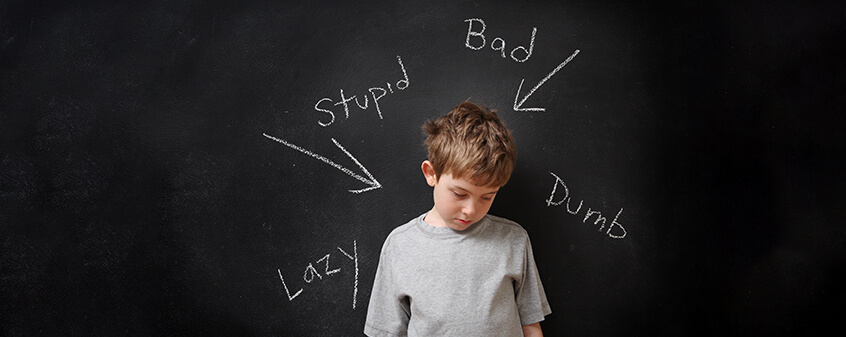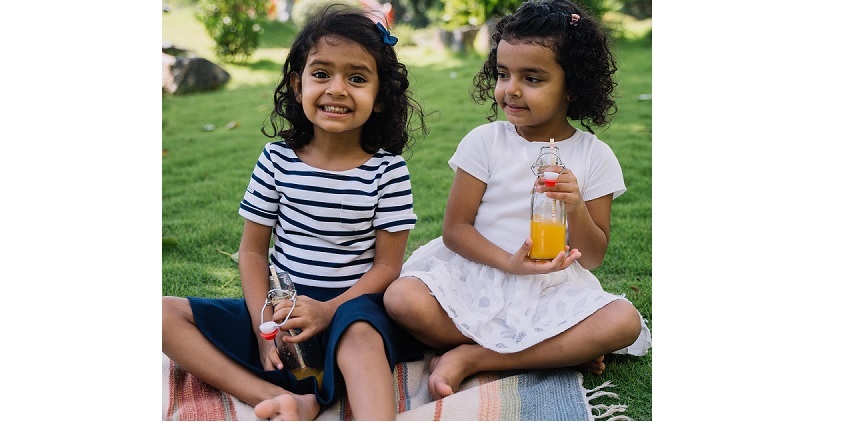Billablog

03
2020
03/01/2020 7:28 PM IST
Developmental Disabilities - Challenging Behaviours and Interventions Developmental Disabilities are usually present and diagnosed at birth. Some developmental disorders, however, may not be easily identified until age three to six. The problems are usually life-long and can affect everyday living. Developmental disabilities may range from mild to severe.
Some of the most common developmental disabilities include:
Intellectual disabilities, Autism, Behaviour Disorders, Brain Injury, Cerebral palsy, Down syndrome, Fetal alcohol syndrome, Intellectual disability, Spina Bifida, Tourette Syndrome. Some children show birth defects that affect the functioning of the brain, spinal cord, and nervous system, which can influence intelligence and learning. These conditions can also cause certain behavioral disorders, speech or language difficulties, convulsions, and movement disorders. Intellectual and Developmental Disabilities (IDDs) - This term describes a certain range of scores on an IQ (intelligence quotient) test....the most common conditions being Down syndrome and Fragile X syndrome.
Another increasing common developmental disorder is Autism Spectrum Disorder. People with this condition face challenges in communication skills, social skills, and adaptive skills. Some infants show birth defect that interferes with the normal function of a body's ability to sense the world around it. These children have problems using and processing sensory information like sights, smells, sounds, taste, and touch.
Challenging Behaviours of Children with Developmental Disabilities:
Children that have a developmental disability or delay can exhibit challenging behaviors in the toddler and preschool years which include aggression, self-injurious behaviors, and extreme temper tantrums. Most children diagnosed with an intellectual disability or autism spectrum disorder had levels of behavior problems and sleep problems. Sensory processing challenges are significantly prominent for children with developmental disabilities. Children with Autism Spectrum Disorder, children with poor sensory processing are associated with higher levels of behavioral problems as well as decreased functioning and impaired daily living skills, irritability and agitation, lethargy and withdrawal, stereotypic behaviors, hyperactivity and noncompliance, and inappropriate speech. They show delay or deficit in speech and language development, specifically receptive and expressive language. Children with Down syndrome face challenges in expressive language and also have significant problems with peers and prosocial behaviors.
People with developmental disabilities can benefit from comprehensive long-term services:
- Provide speech therapy, occupational therapy, physical therapy, speech-language therapy and exercises for gross and fine motor skills
- Understand how behaviors escalate -the triggers
- Know how to present effective support - Personal space, Body language, Tone of voice, volume, rate of speech
- Dealing with personal feelings of fear and anxiety
- Considering Medications
- Find psychiatrists/physicians sensitive to the needs of persons with DD
Ms. Parul Merchant
Asst. Coordinator / Special Educator
Center of Well-being
BHIS Santacruz
















